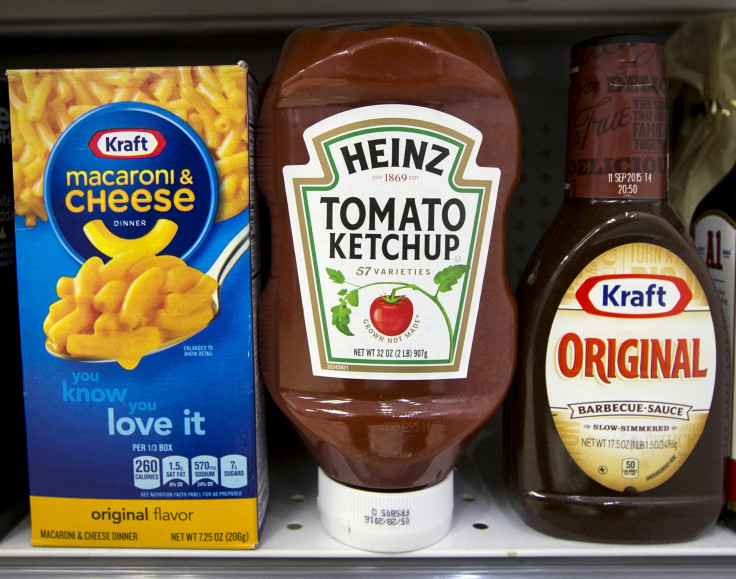Kraft Heinz's Accounting Issues Raise Red Flags

Kraft Heinz's (NASDAQ:KHC) stock hit a historic low earlier this year after the company took a $15.4 billion writedown, slashed its dividend, and disclosed an SEC probe into its accounting practices. Kraft then delayed the filing of its annual report twice as it launched an internal investigation.
On May 6, Kraft Heinz stated that it would need to restate its financial statements for 2016 and 2017 by $181 million due to problems with its procurement and accounting procedures. $181 million is a tiny amount for Kraft, which reported $33.4 billion on its cost of products sold during those two years. But the mess that led to that revelation, along with its ongoing SEC probe, raises red flags for investors and casts a shadow over the company's appointment of a new CEO last month.
A timeline of events
Last October, Kraft received an SEC subpoena regarding its "accounting policies, procedures, and internal controls related to its procurement function" -- which includes "agreements, side agreements, and changes or modifications to its agreements with its vendors."
After its initial internal investigation, Kraft Heinz recorded a $25 million increase in its cost of products sold during the fourth quarter, after deeming the costs "immaterial" in previous quarters throughout 2017 and 2018. At the time, Kraft Heinz stated that it was "implementing certain improvements to its internal controls to mitigate the likelihood of this occurring in the future" and "continues to cooperate fully with the U.S. Securities and Exchange Commission."
However, Kraft Heinz then repeatedly delayed the filing of its annual report, which prompted Warren Buffett to warn Berkshire Hathaway (NYSE:BRK-A) (NYSE:BRK-B) investors that the company was likely stuck in a dispute with its auditor, PwC. A few days later, Kraft revealed that it needed to restate its financial reports for both 2016 and 2017.
Should investors be concerned?
Kraft Heinz told CNBC that it still didn't believe the misstatements were "quantitatively material to any prior period," but believed that it was "appropriate to correct the errors in previously issued financial statements." That decision was likely linked to the SEC probe and its rumored dispute with PwC.
The amount in Kraft Heinz's misstatement wasn't significant, but its recent writedown, delayed annual report, and SEC probe already caused S&P to threaten a downgrade to its BBB-rated bonds. A downgrade could significantly raise Kraft Heinz's future borrowing costs.
Accounting issues and SEC probes can also weigh down a stock for a long time. Hain Celestial (NASDAQ:HAIN) delayed its annual report in 2016 due to the improper accounting of incentives paid to its two largest distributors, and it disclosed an SEC probe in early 2017. The matter wasn't resolved until late 2018, when it reached a settlement with the SEC. Hain's stock has lost about half its value over the past three years. It might have fared better if its core business were growing, but the food company's declining revenue, contracting margins, and widening losses spooked the bulls.
Kraft Heinz faces similar problems. Consumers were shunning its core packaged foods brands, so it slashed its prices. That strategy boosted its organic sales growth back to positive territory, but crushed its margins.

Incoming CEO Miguel Patricio, who takes over on July 1, needs to reverse that strategy to preserve the company's bottom line growth. He'll also need to expand Kraft Heinz's portfolio, divest its weaker brands, and reduce its long-term debt of $30.9 billion, which could be a tough balancing act to pull off.
Another reason to avoid Kraft Heinz
Investors should generally avoid investing in companies that are being probed by regulators. That's doubly true for a company like Kraft Heinz, which is already struggling to stay relevant in a rapidly changing market.
This article originally appeared in the Motley Fool.
Leo Sun has no position in any of the stocks mentioned. The Motley Fool owns shares of and recommends Berkshire Hathaway (B shares). The Motley Fool owns shares of Hain Celestial. The Motley Fool has a disclosure policy.





















